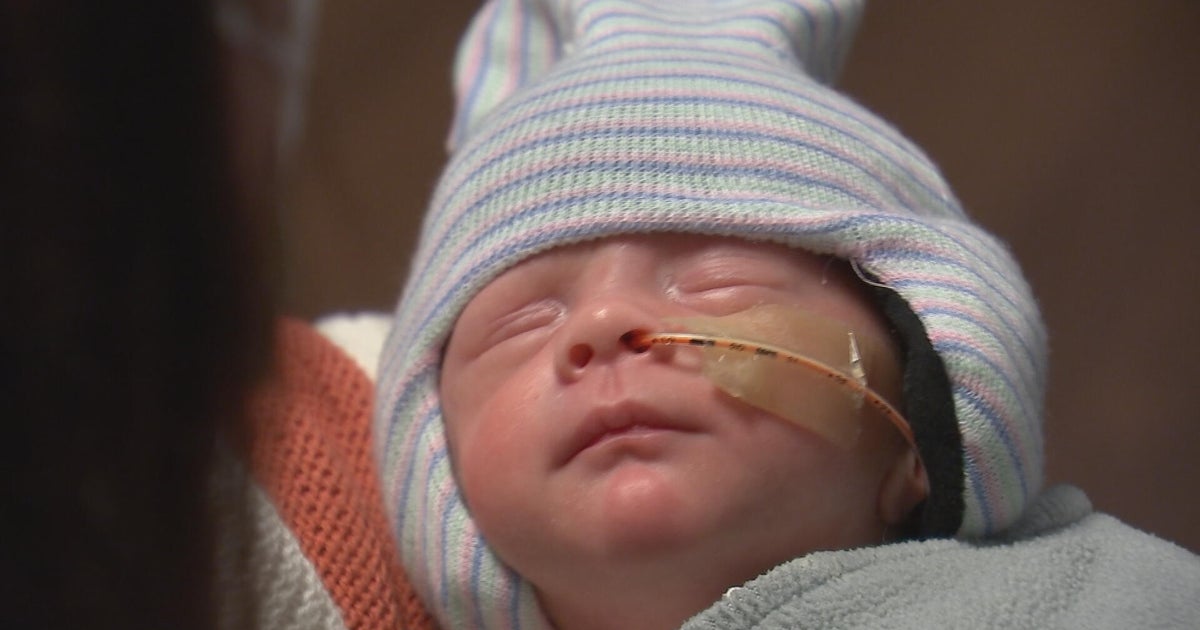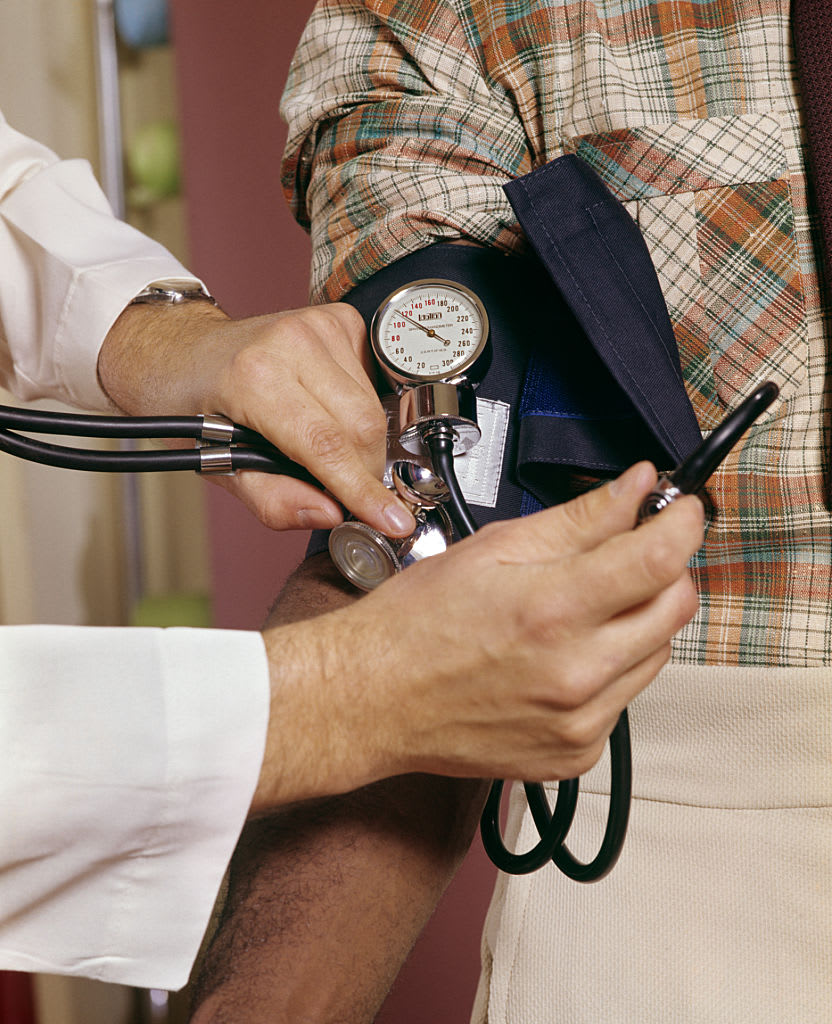Kids can open child-resistant pill bottles in seconds, risk accidental poisoning
It took only moments for Sara McClaren's 2-year-old son Isaac to get into a bottle of medication high on a bathroom shelf.
"Isaac was able to come into the bathroom and climb up and get up to this shelf and then not only did he get onto that shelf, he was able to open up the container and then open up the medicine bottle that has a childproof lid on it in just a couple of moments," McClaren told "CBS This Morning."
His parents rushed him to an Indianapolis hospital where he began vomiting and having seizures.
"It was just very scary thinking he might fall asleep and never wake up," McClaren said. "I kept blaming myself, saying, oh, you know, it's my fault that the was able to get to my medicine."
It turns out accidents like this are happening far too often, according to a new report from the non-profit organization Safe Kids Worldwide, which finds that a child in the U.S. is rushed to the emergency room for an accidental medicine-related poisoning every nine minutes, on average. Once every hour, a case is serious enough that a child needs to be hospitalized. And every 12 days, a child under the age of 6 dies.
"Parents don't really understand what child-resistant means," said Morag Mackay, director of research at Safe Kids Worldwide and author of the report. "We had about half of parents who thought child-resistant meant childproof. But what we know about child-resistant packaging is it's not childproof. It's actually intended to slow the child down."
In a test the group set up at a Maryland day care center, children ranging in age from 3 to 5 managed to pop open child-resistant pill bottles in just seconds.
"I didn't know that kids could easily open these pill bottles and access the medicine like it's nothing. But now I know," one mother said.
The organization conducted a survey of 2,000 parents with at least one child age 5 or under from across the U.S., asking them about their knowledge of child-proofing medicine.
Nine out of 10 parents said they know that it is important to store medicine out of children's reach and sight after every use. However, many parents could use some improvement when it comes to storage safety.
For example, 1 in 3 parents in the survey falsely believed that as long as a child is being watched, it doesn't matter as much where medicines are stored. However, parents who have taken a child to the emergency room due to medicine poisoning frequently say that they had "only turned their back for a minute" when the accident occurred.
Nearly 7 in 10 parents reported storing medicine somewhere a child could see it. To be safe, experts say medicine should be stored both out of reach above counter height and out of sight, such as in a high cabinet with the door closed, at all times.
"Kids are curious and will explore and taste everything they discover," Torine Creppy, president of Safe Kids Worldwide, said in a statement. "That's why it's so important for parents to practice safe medicine storage from day one."
The group did cite some good news in their study, noting that the number of kids hospitalized for accidental medicine poisonings declined 42 percent from 2010, to a total of 8,972 in 2015. Emergency room visits were also down about 25 percent from their peak in 2010, to about 57,000 in 2015. However, in both instances the rate of improvement appears to have slowed since 2014.
McClaren's family now keeps medication in a lockbox and advises others to do the same.
"It can happen to anyone. We thought that we did all the right things. We thought we had it where it was preventing it from him getting to it but he was determined and he got to it so I would tell other parents that they really need to lock it up and make sure that there is no way for them to get to it easily."
The family is thankful Isaac has made a full recovery.
SafeKids Worldwide offers the following tips to help protect your kids:
- Put all medicine up and away, out of children's reach (above counter height) and out of sight (such as in a high cabinet). Remember to keep visitors' purses, bags and coats out of reach as well, as they may contain medicine.
- Remember child-resistant does not mean childproof. Put medicine away immediately after every use, even if you need to take it down again for another dose in a few hours.
- Save the Poison Control help number in your phone: 1-800-222-1222.





